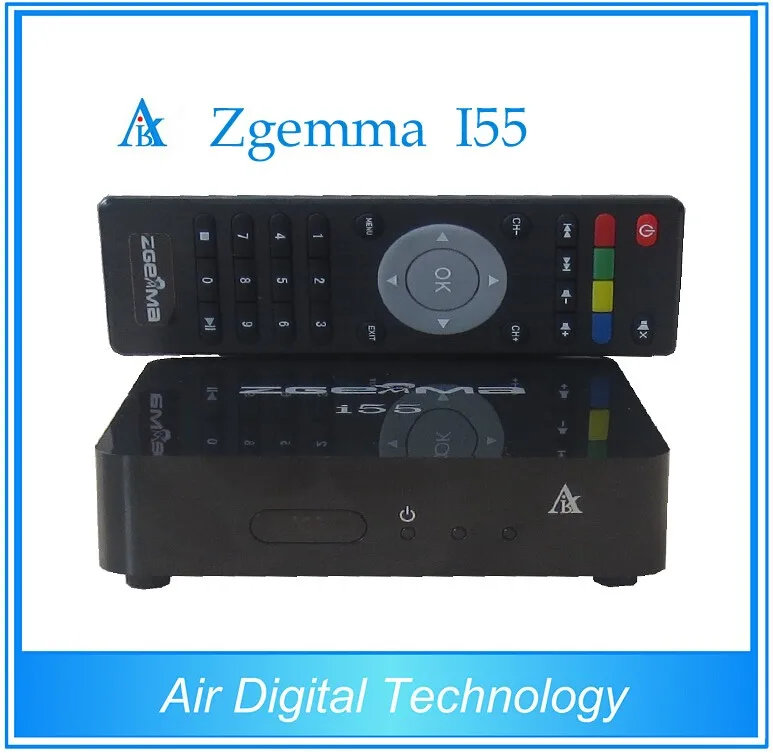Iptv Receiver Box

International IPTV Receiver Box 4K with 1500+ Global Live Channels Lifetime Subscription Including North American European Asian Arabic South American Programs VIP Channels for Adults Dual Band WiFi. 7023 products - China Iptv Receiver Box manufacturers - Select 2018 high quality Iptv Receiver Box products in best price from certified Chinese Box Plate.
This article is about Internet Protocol Television. For public television broadcasting, see. Internet Protocol television ( IPTV) is the delivery of content over (IP) networks. This is in contrast to delivery through traditional,, and television formats.
Unlike media, IPTV offers the ability to stream the source media continuously. As a result, a client media player can begin playing the content (such as a TV channel) almost immediately. This is known as.
Btv Box Iptv Receiver
Although IPTV uses the Internet protocol it is not limited to television streamed from the, (). IPTV is widely deployed in subscriber-based telecommunications networks with high-speed access channels into end-user premises via or other. IPTV is also used for media delivery around corporate and private networks. IPTV in the telecommunications arena is notable for its ongoing standardisation process (e.g., ). IPTV services may be classified into three main groups: • and live media, with or without related interactivity; • media: e.g.
(replays a TV show that was broadcast hours or days ago), start-over TV (replays the current TV show from its beginning); • (VOD): browse and view items in a stored media catalogue. Contents • • • • • • • • • • • • • • • • • • • • • • • • • • • • • Definition [ ] Historically, many different definitions of IPTV have appeared, including elementary streams [ ] over IP networks, over IP networks and a number of proprietary systems. One official definition approved by the focus group on IPTV (ITU-T FG IPTV) is: IPTV is defined as multimedia services such as television/video/audio/text/graphics/data delivered over IP based networks managed to provide the required level of quality of service and experience, security, interactivity and reliability. Another definition of IPTV, relating to the telecommunications industry, is the one given by (ATIS) IPTV Exploratory Group on 2005: IPTV is defined as the secure and reliable delivery to subscribers of entertainment video and related services. These services may include, for example, Live TV, Video On Demand (VOD). These services are delivered across an access agnostic, packet switched network that employs the IP protocol to transport the audio, video and control signals.
In contrast to video over the public Internet, with IPTV deployments, network security and performance are tightly managed to ensure a superior entertainment experience, resulting in a compelling business environment for content providers, advertisers and customers alike. History [ ] The term IPTV first appeared in 1995 with the founding of. Precept developed an Internet video product named IP/TV. IP/TV was an compatible Windows and Unix-based application that transmitted single and multi-source audio and video traffic, ranging from low to DVD quality, using both and (RTP) and (RTCP). The software was written primarily by Steve Casner,, and Cha Chee Kuan. Precept was acquired by Cisco Systems in 1998. Cisco retains the IP/TV trademark.
Company started the first continuous with content from -TV in January 1998 and on 10 January 1998., a regional telecommunications operator in the UK, launched Kingston Interactive Television (KIT), an IPTV over (DSL) service in September 1999. The operator added additional VoD service in October 2001 with Yes TV, a VoD content provider. Kingston was one of the first companies in the world to introduce IPTV and IP VoD over as a commercial service. The service became the reference for various changes to UK Government regulations and policy on IPTV. In 2006, the KIT service was discontinued, subscribers having declined from a peak of 10,000 to 4,000.